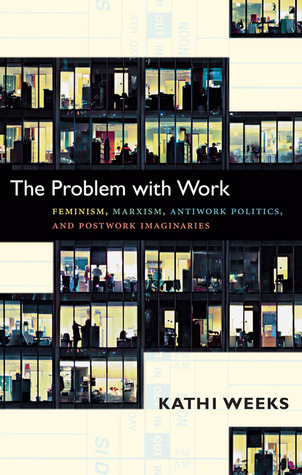What do you think?
Rate this book


287 pages, Paperback
First published August 1, 2011
The same logic of imagination that conceives the relation between the refusal of work and its abolition in terms of difference and rupture grounds it also in tendency and potential.